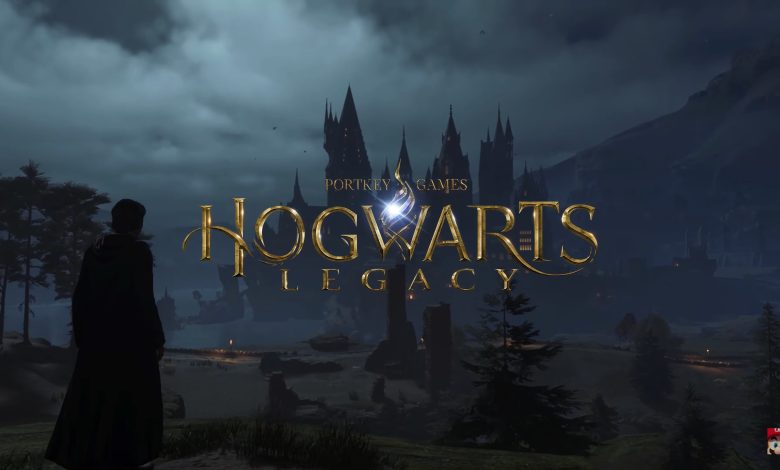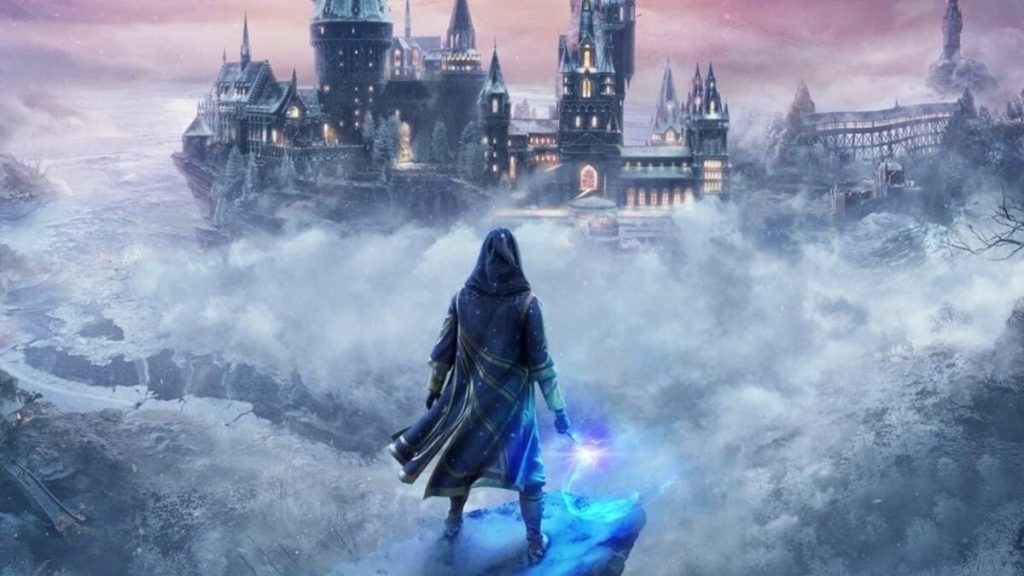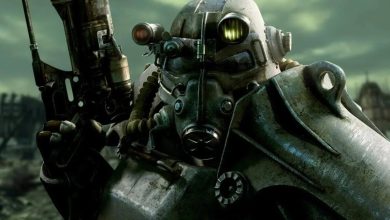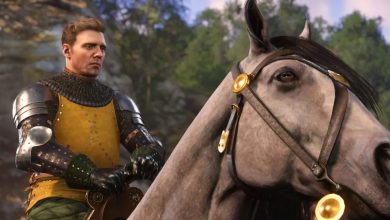
Harry Potter games have been released for many years and on many different consoles, from PS1 classics to the XBOX 360 and more, but after 2011, the franchise went quiet for years until the release of Hogwarts Legacy.
In the early 2000s, games, you had the Chambers of Secrets and Prisoner of Azkaban, which delivered some exploration and charm and were highly loved by fans. In the mid-era games, such as Order of the Phoenix and Half-Blood Prince, games which had better graphics but were limited by movie tie-in restrictions.
You had Lego games that were fun, but nothing major. After 2011, the wizarding world games went very quiet until Hogwarts Legacy was released. Which was the first true open-world wizarding world RPG. The game itself had no movie tie-ins, which granted the developers creative freedom.

From the spell combat, deep lore, and open exploration, the game broke sales records and revived interest in wizarding world games, and arguably towards the films themselves. Hogwarts Legacy 2 could be a turning point.
Hogwarts Legacy 2 is now built on an established foundation. Developers can now dive deeper beyond Harry Potter and give us more complex stories, richer moral choices, and better world-building than the first game did.
Hogwarts Legacy 2 could become the definitive wizarding world video game, similar to how Assassin’s Creed II, Mass Effect 2, and The Witcher 3 elevated their franchises. If the sequel succeeds, it raises the bar for all future franchise-based games.
It proves that IP games don’t need to be shallow tie-ins and can be prestige RPGs. Hogwarts Legacy could also inspire similar large-scale games for Star Wars, Marvel, Avatar, and more. Hogwarts Legacy 2 represents not just a sequel, but a moment that could define the future of the Wizarding World gaming and influence how big IPs are adapted in the next decade.



